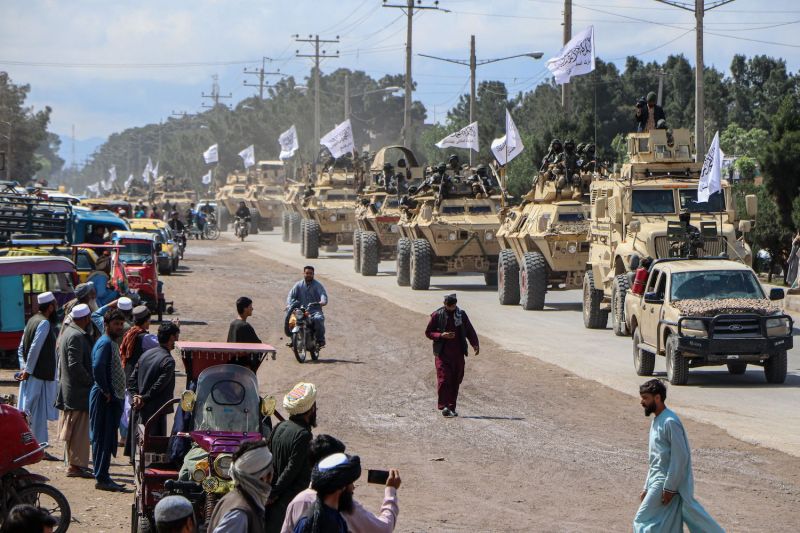Less than a year after the Taliban retook power in Afghanistan following the chaotic US withdrawal in 2021, President Joe Biden vowed the country that once harboured Osama bin Laden would “never again . . . become a terrorist safe haven”. Yet a surge in international terrorist threats linked to Afghanistan is raising alarm among governments that the country that once sheltered the masterminds of the September 11 2001 attacks is again becoming a hotspot for jihadi groups with global ambitions. Western officials blamed Islamic State-Khorasan Province, the Afghanistan-based affiliate of the Middle Eastern extremist group and bitter enemy of the Taliban, for last week’s attack on a Moscow concert hall that killed at least 137 people. The Taliban has fought a bloody counterinsurgency campaign against Isis-K since coming to power, but analysts said the jihadist group gained substantial strength following the US withdrawal and more recently has ramped up its international activity. Isis-K was also linked to bombings in Iran in January that killed nearly 100 people, an attack on a church in Turkey the same month and a foiled plot last week to attack Sweden’s parliament that authorities said may have been directed from Afghanistan. The Pakistani Taliban, an ideological ally of Kabul’s rulers with a large presence in the country, have killed hundreds of people in relentless cross-border attacks from hide-outs in Afghanistan since 2021. Analysts believe that other Islamist groups from al-Qaeda to the Uyghur Turkistan Islamic Party also have a presence inside Afghanistan.
Concern about the growing threat of Afghanistan-linked extremist violence prompted General Michael Kurilla, head of the US Central Command, to warn shortly before last week’s violence in Moscow that the “risk of attack emanating from Afghanistan is increasing”, singling out Isis-K. “Isis-Khorasan retains the capability and the will to attack US and western interests abroad in as little as six months with little to no warning,” Kurilla told Congress. European officials have also become increasingly attuned to the threat. “Isis-K is currently the biggest Islamist [terror] threat in Germany,” said Nancy Faeser, interior minister of Germany, which has foiled several Isis-K-linked plots over the past 18 months.

